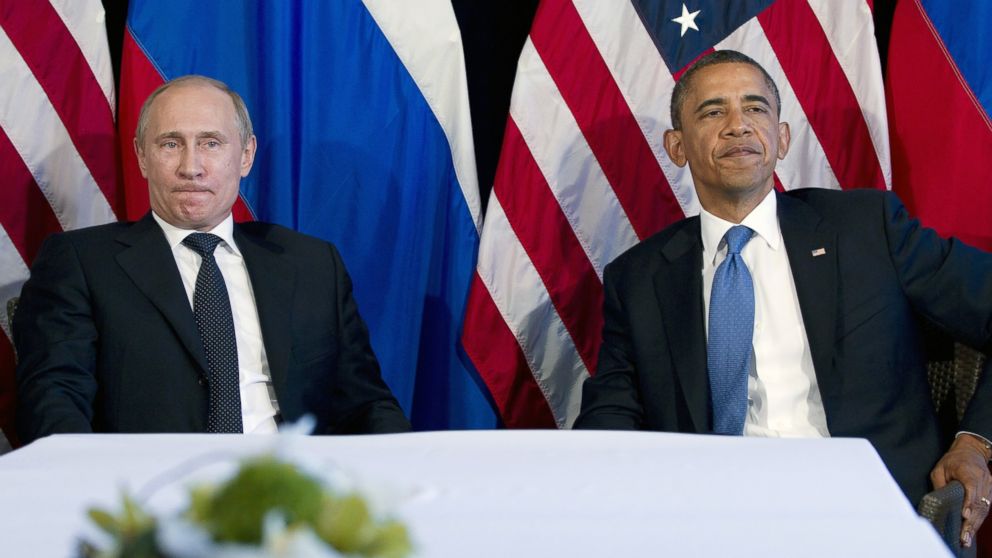Washington–Former Advisor to the State Department during the terms of four presidents, Aaron David Miller, said that the United States cannot have, and does not want to have, a great president. He added the new president, who will succeed Barack Obama, will seek to mend relations with America’s most important allies in the Middle East, namely Saudi Arabia and Egypt.
Unlike other American analysts who call on the U.S. to take a firm stance against the Russian interference in Syria, Miller says that the relation with Russian President Vladimir Putin will represent one of the main challenges of the next U.S. Administration, stressing that the U.S. cannot alone resolve the Syrian crisis or the situation in Libya and Yemen, and establish a democratic country in Iraq.
Miller served as advisor to the Department of State for more than two decades, during the terms of Ronald Reagan, George H.W. Bush, Bill Clinton and George W. Bush.
In an interview with Asharq Al-Awsat newspaper, Miller said the U.S. has three main interests in the region, warning that his country will be the loser in any confrontation with Russia in Syria. He added that he did not see any imminent solution to the Syrian crisis.
In his book entitled, The End of Greatness, Miller explains why America cannot have, and does not want to have, a great president.
He told Asharq Al-Awsat that great presidents only come in times of major crises, which is not currently the case in the United States.
Miller said that America was in need of a good president who is able to distinguish the right from the wrong and to overcome personal interests.
Asked about U.S. efforts to resolve the crisis in Syria, Miller said that the war was the result of several factors, including anger and inefficiency. He added that neither the U.S. Administration nor any other foreign party can resolve the crisis for being linked to confessional identity and sectarian conflicts between the Alawites and the Sunnis.
“I don’t know how the United States is expected to find solutions and answers to the Syrian crisis and resolve issues between Sunnis and Shi’ites, while it is not able to resolve its internal problems,” Miller said, adding that the Constitution stressed the U.S. role in achieving national unity and did not talk about America’s responsibility to establish a perfect world.
The former advisor said the U.S. has three main interests in the region, represented by the protection of homeland security, the stability of oil-producing countries and the deterrence of any unilateral force that might pose nuclear threat to the region.
Asked about the future of relations between the next U.S. Administration and Saudi Arabia, Miller stressed that the new president will seek to reassure Sunni allies in the region, including Riyadh and Egypt, noting that the U.S. will continue to talk openly on the importance of human rights and gender equality.
